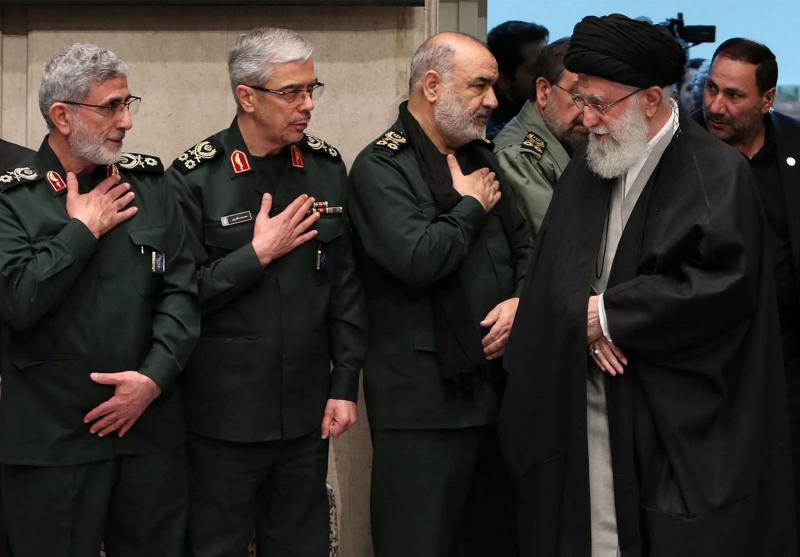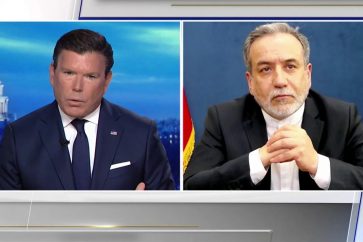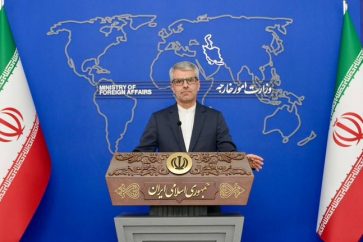The Islamic Republic of Iran bids farewell to two of its most revered military figures, Major General Hossein Salami and Major General Mohammad Bagheri, whose martyrdom marks a profound moment in the nation’s revolutionary history. Both men were pillars of Iran’s defense establishment, dedicating their lives to protecting the sovereignty, dignity, and resistance doctrine of the Islamic Republic.
Major General Hussein Salami: A Symbol of Revolutionary Steadfastness
Born in 1960 in Golpayegan, Isfahan Province, Major General Hossein Salami emerged as one of the most iconic commanders of the Islamic Revolutionary Guard Corps (IRGC). Known for his unwavering revolutionary commitment and extensive military expertise, he played a critical role in fortifying Iran’s defensive and strategic capabilities.
Salami began his studies in mechanical engineering at Iran University of Science and Technology in 1978, but with the onset of regional hostilities, he joined the IRGC in 1981.
During the Iran–Iraq War, he demonstrated exceptional leadership across Iran’s ground, air, and naval forces, gaining deep operational insight and becoming one of the most field-experienced commanders of his generation.
Martyr General Salami was instrumental in founding and later leading the IRGC’s Command and Staff College, preparing future generations of Iranian military leaders. In 2009, he was appointed deputy commander of the IRGC, a position he held for a decade before being named commander-in-chief in 2019 by the Leader of the Islamic Revolution, Ayatollah Sayyed Ali Khamenei.
General Salami spearheaded Iran’s response to the assassination of Lieutenant General Qassem Soleimani in 2020 and led the high-impact “True Promise” missile and drone operations against the Zionist regime in 2024, underlining Iran’s growing strategic reach and deterrent power.
Fiercely vocal against US and Israeli aggression, Salami’s uncompromising stances earned him the respect of Iran’s allies and the hostility of its adversaries.
He was placed on US sanctions lists due to his pivotal role in strengthening the IRGC, which Washington unjustly designated a terrorist organization.

Major General Mohammad Bagheri: Strategic Mastermind and Architect of Military Unity
Major General Mohammad Bagheri, born in 1959 in Tabriz, was a towering figure in Iran’s defense doctrine and one of the country’s most influential strategic minds. With a combination of battlefield experience and institutional leadership, he helped modernize Iran’s armed forces and streamline coordination across all branches.
Bagheri joined the IRGC shortly after the Islamic Revolution and fought bravely in the Iran–Iraq War, during which his elder brother attained martyrdom. He later led efforts to build Iran’s military intelligence infrastructure and was a key player in ensuring seamless coordination between the IRGC and the conventional army.
As head of the Khatam Al-Anbiya Central Command—a strategic hub overseeing Iran’s major operations—Bagheri played a decisive role in regional defense planning, including Syria, missile deterrence, and maritime security.
Chief of Staff of the Iranian Armed Forces Major Gen. Bagheri, detailed the retaliatory attack against targets in the occupied territories, saying the Israeli regime failed to intercept Iran’s projectiles in a meaningful way, and the operation achieved its goals. pic.twitter.com/NO7yn2yK5x
— Press TV 🔻 (@PressTV) April 14, 2024
In 2016, Ayatollah Khamenei appointed him Chief of Staff of the Armed Forces, entrusting him with overseeing the entirety of Iran’s military structure. He remained in that role until his martyrdom, steadfastly guiding Iran’s armed forces through a period of heightened regional tensions and strategic growth.
Bagheri’s scholarly contributions to defense theory and his academic role in military universities further reflect his deep commitment to Iran’s independence and long-term security vision.
He, too, was sanctioned by the US and the European Union, a testament to his effectiveness in advancing Iran’s sovereign defense capabilities.
National Pride
The martyrdom of Generals Salami and Bagheri is seen across Iran not only as a national tragedy but also as a powerful symbol of sacrifice and resilience. Their legacy is expected to further inspire the resistance axis and galvanize Iran’s commitment to confronting aggression, defending the oppressed, and asserting its rightful role in shaping the future of the region.
Source: Al-Nour Radio Station (Edited and translated by Al-Manar English Website)




